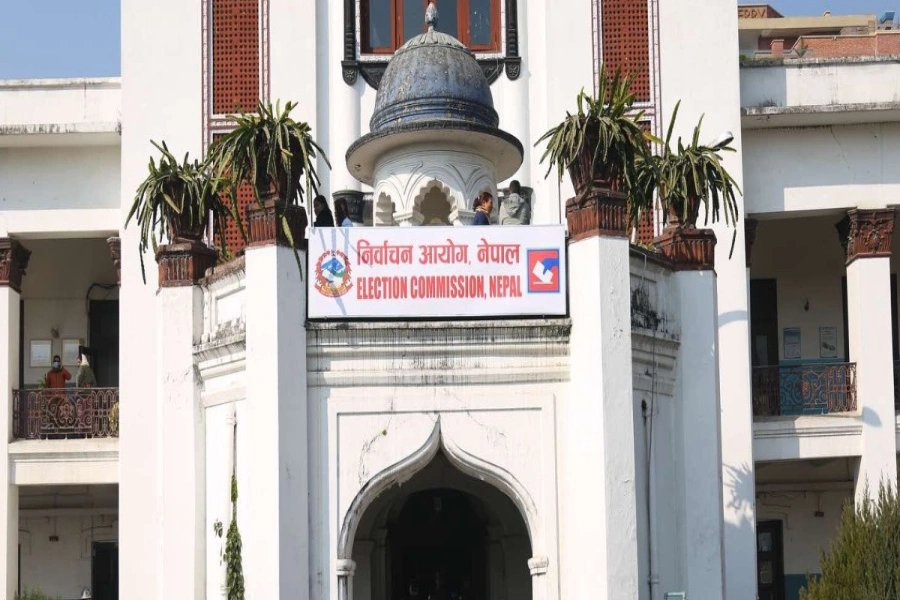KATHMANDU, March 24: Even as the local elections draw ever nearer, the Election Commission (EC) has yet to start voter education for the general public, thanks to dillydallying right at the central level.
The local elections, which are being conducted for the first time under the federal setup, are considered far more complex compared to the Constituent Assembly elections in 2013. Seven different ballot papers are being integrated into one and voters need to be properly instructed on how to use them, according to election experts. Most voters are largely ignorant about local elections since these are being conducted after a gap of nearly two decades.
Election commissioners admit they are already late in starting voter education.
"Obviously, the EC is late in starting voter education at the village level where literacy rates are low. But we are not remaining idle," said Election Commissioner Ila Sharma, who oversees voter education and training-related work. "Preparations are underway to begin voter education as a campaign and it will begin soon," she added.
She blames the governments' decision to go for elections within a limited timeframe for the delay in launching voter education at the village level. The government has asked the election body to conduct local elections within 82 days, historically the shortest timeframe for conducting elections.
So far, the EC has not even completed the training for all the trainers who are to be deployed at the local level. "We completed the MToT [Master Trainers for Training] in Kathmandu and they are being deployed to the regional level soon," said Surya Prasad Aryal, head of the Election Education Information Center (EEIC) under the EC.
The EEIC plans to instruct the voters through interactive voter education, installing of LED messages in the major towns, sending SMS and utilizing mainstream and social media, among other things.
Aryal said that trainers trained at the regional level will train district level trainers who in turn will be mobilized to the villages. The EC, which has allotted around Rs. 1.5 billion for voter education, plans to mobilize 21,000 trainers to the villages. Out of this total, an estimated 4,600 social mobilizers who worked under the recently disbanded local bodies will also be sent out to the villages for voter education. Apart from the social mobilizers, primary school teachers, female health workers and individuals to be hired by the district election officers are also to be deployed as voter educators in the villages. "They will be mobilized for a month starting from April 10. Each individual mobilized for voter education will get Rs 12,000 as salary and an additional Rs 3,000 as interaction expanses," informed Aryal.
During the 2013 CA elections, the EC had carried out voter education for two months.
According to the EC, approximately 5 percent of the total vote cast in the second CA election was invalid. Experts worry that the number of invalid votes could increase for lack of good voter education. "Since the local elections are a bit more complex the EC should have allotted more time for voter education," said former chief election commissioner Neel Kantha Uprety.
Citing lack of time, the EC has decided to run its voter education campaign for one month. Of the estimated Rs. 1.5 billion allotted for voter education, one-third is to be spent for human resources while the remaing amount will be for producing education materials and mobilizing media.
EC Starts Voter education from today

Considering that voter education is an important part of credible elections, the EC has also decided to let the international agencies get involved in a coordinated manner. They are free to generate content and become part of the voter education. Both the content and quality should be approved by the EC and they should coordinate with it, it is stated.





































